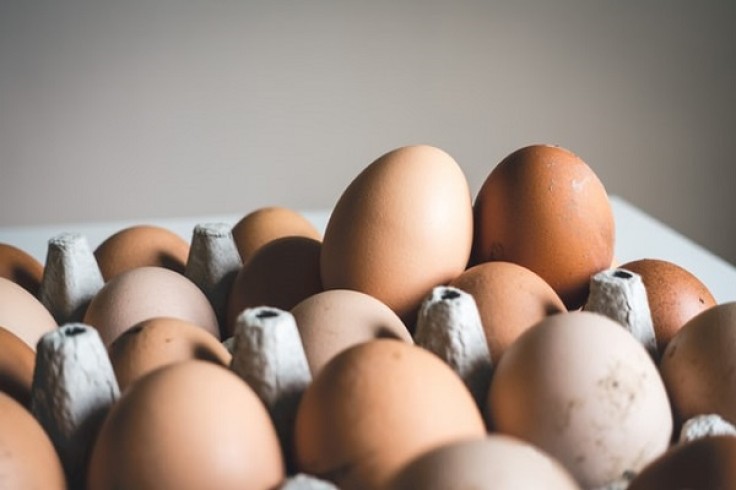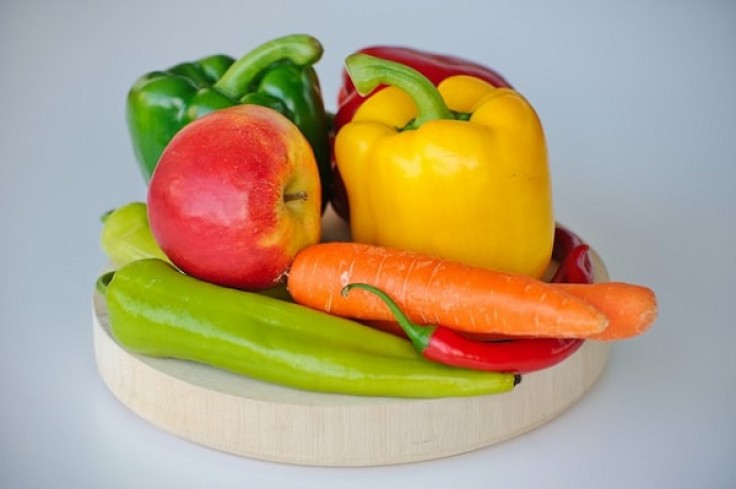The US produces more than seven billion eggs per year. Manufacturers reject at least three percent of them. Researchers estimate that we are wasting at least 200 million of them. Wasting eggs could be avoided. One study shows that eggs, when used as a coating, are better than wax. There are even several upsides to using egg coating. Here are 4 advantages of using egg coating that you probably did not know.

Inexpensive coat
Fruits and vegetables need protection to prevent spoilage. Usually, people use wax as a water-proof coat to prolong the shelf life of fresh produce. New research revealed that eggs work like wax in protecting fresh produce from rotting.
Rice University researchers found that eggs could be used as an inexpensive coat to protect fruits and vegetables. Pulickel Ajayan and his team developed a micron-thick coating. It not only protects the fresh produce but even the consumers.
The team found that spraying or dipping the produce to the solution helped resist rotting. It shows a more prolonged protective effect than wax.

Antimicrobial, and largely impermeable
Apart from being edible, the multifunctional coating delays dehydration. It also has antimicrobial properties and is largely permeable. It does not allow water vapor to pass through so it helps retard dehydration. Adding to that, it is also impermeable to gas, thereby preventing premature ripening.
Best of all, the coating is all-natural and easily washes off with water. Jung said that if anyone is allergic or sensitive to egg, washing will remove it.
Seventy percent of the coating is albumin, or egg whites, and yolks. The rest consists of wood nanoscale cellulose. The cellulose serves as a barrier to water and protects the produce from shriveling. It also has a small amount of curcumin as antimicrobial. The team also added a splash of glycerol for elasticity.
Maintains freshness and stiffness
The researchers dipped avocados, bananas, strawberries, and other fruits. They found that the fruits coated maintained longer freshness than those without an egg coat. Coated fruits were stiffer and more firm under compression tests than those uncoated.
The researchers also found that the coating protected the produce from water. It slowed the ripening process.
Flexible and resists cracking
The team analyzed the film on freestanding and found that it is extremely flexible. Researchers also found that it resisted cracking, showing better protection. Upon testing the film's tensile strength, the researchers found it was as tough as other products. The result is comparable to synthetic films used in the packaging of produce.
The team ran solubility tests. They found that the coat is washable even if they applied a thicker film. They also found that it is non-toxic. Ajayan said that it is easy to disintegrate. Just rinse the produce in water for a couple of minutes.
The team is continuing to refine the composition of the coating. Other than eggs, they are also considering other sources. One of the research scientists, Muhammad Rahman, said that they chose egg proteins to lessen wastage. He also said that it does not mean that they could not use others. Jung said that they are testing proteins from plants instead of sourcing from animals.
Compared to wax, eggs do not have harmful effects on our health. They even provide better protection than a wax. Now the rejected eggs would have a new use. Instead of throwing them all out, we may use them are coats to the fruits and vegetables. Other than saving the fresh produce, people will not be wasting eggs anymore.
See also other food-related articles:
Turmeric and Cinnamon: Treatment for Diabetes?
How to Prevent Peanut Allergy in Children? Eat Peanuts While Pregnant!
Whole-Fat Dairy: Lowers Risk of Diabetes and High Blood Pressure